Amanda Schwabe on variable weather and climate change trends
Wisconsin State Climatology Office outreach specialist Amanda Schwabe considers how people experience the variability of daily and seasonal weather as climate change shifts broader patterns over time.
By Steven Potter | Here & Now
August 27, 2025
Amanda Schwabe on how people experience weather as climate change shifts broader patterns.
VIDEO TRANSCRIPT
Amanda Schwabe:
My name is Amanda Schwabe. I'm a climate outreach specialist for the State Climatology Office.
Steven Potter:
How are Wisconsin residents seeing or feeling climate change?
Amanda Schwabe:
They're definitely feeling the warmer temperatures, especially in other seasons as well. Winter especially is noticeable — it's getting warmer — those overnight temperatures getting warmer in winter as well, so that means less nights where we're at or below freezing. Noticed in the fall — things are staying warmer longer in the fall. That can impact fall color. In the spring, things are warming up faster, and so the lake ice is thawing faster than it typically would. Also, seeing more heavy rain events with that warmer air holding more moisture. Generally, Wisconsin is getting wetter.
Steven Potter:
There's no shortage of applications that are trying to tell us about the weather and forecasting predictions on what the weather's gonna be like, but really, where's the best source for people to go to to see what the weather's gonna be like in the future?
Amanda Schwabe:
In my opinion, the best source is the National Weather Service. It's weather.gov. You can put in your exact location, and they'll have the seven-day forecast for you. They also have hourly forecasts. Those are the meteorologists that I trust. There's always at least a couple meteorologists on staff that are updating that forecast. They're the ones that your severe thunderstorm, your tornado warnings are coming from, and so if you're trusting them for those warnings and those alerts, I would also trust them for my daily forecast.
Steven Potter:
You've worked in weather quite a bit, recently as a meteorologist, and now with the the Wisconsin State Climatology Office. What have you learned about what people think about the weather and how they relate to it?
Amanda Schwabe:
Weather is incredibly relative. You'll notice it on a day-to-day, week-to-week basis, but then also, season-to-season. So if you think about how a 70 degree temperature in April is different than a 70 degree temperature in August, in August, 70 degrees feels really cold. People will break out the sweatshirts. But in April, we're in shorts and t-shirts and flip flops, and we're celebrating such a nice warm day. And so, what the weather has been like recently really impacts how you feel about the current weather. And so, for this summer, we have been wetter and warmer than average for a lot of cases, not incredibly wetter or warmer than average. And so it is important to look at both April and May were drier than average and a little bit cooler than average. So, if we had a cooler spring, it makes sense that this summer feels a lot warmer and a lot wetter than average.
 Passport
Passport




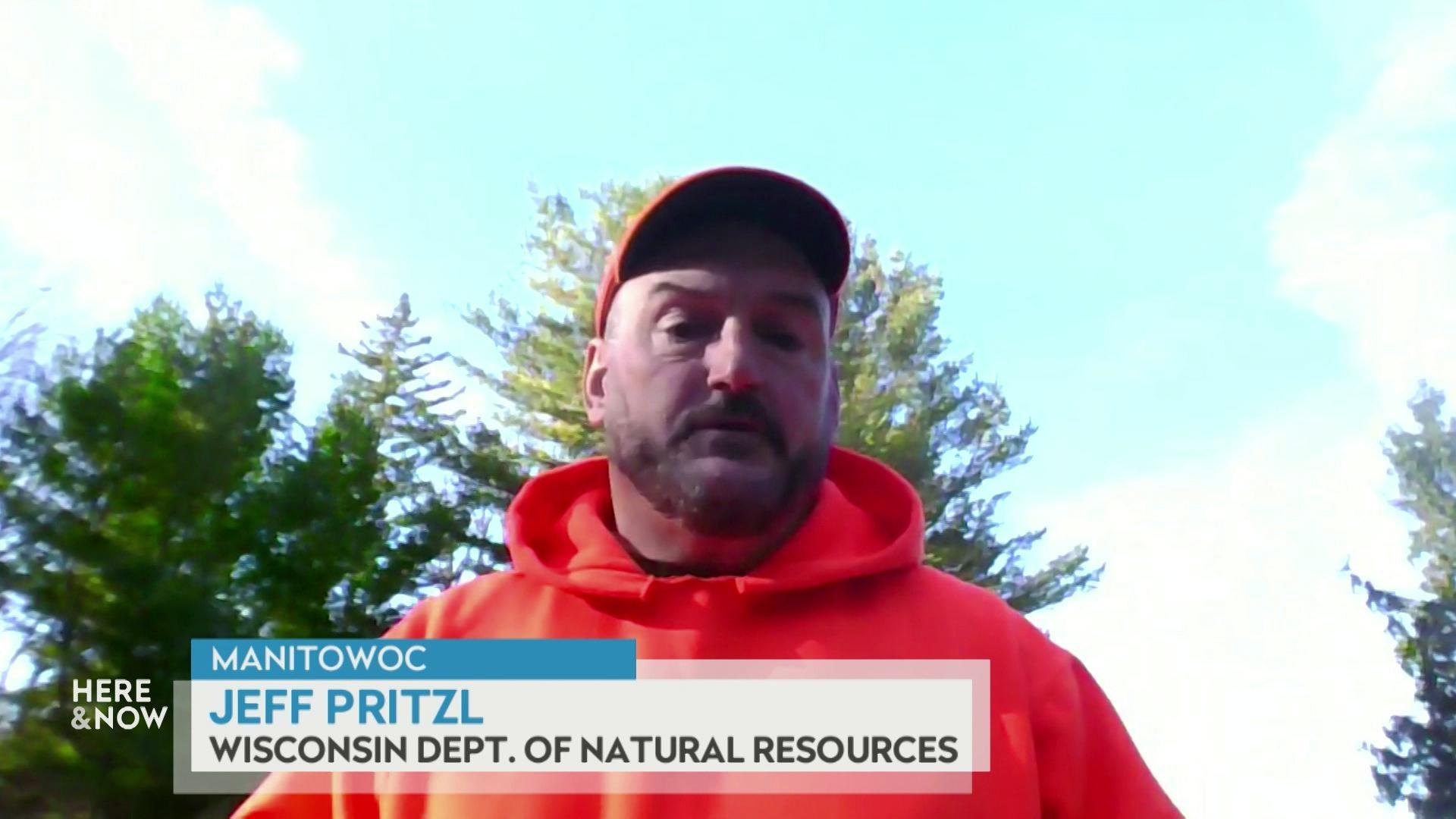

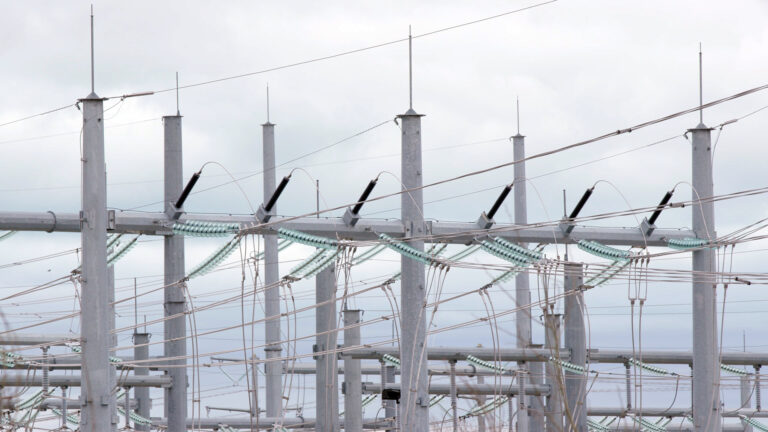
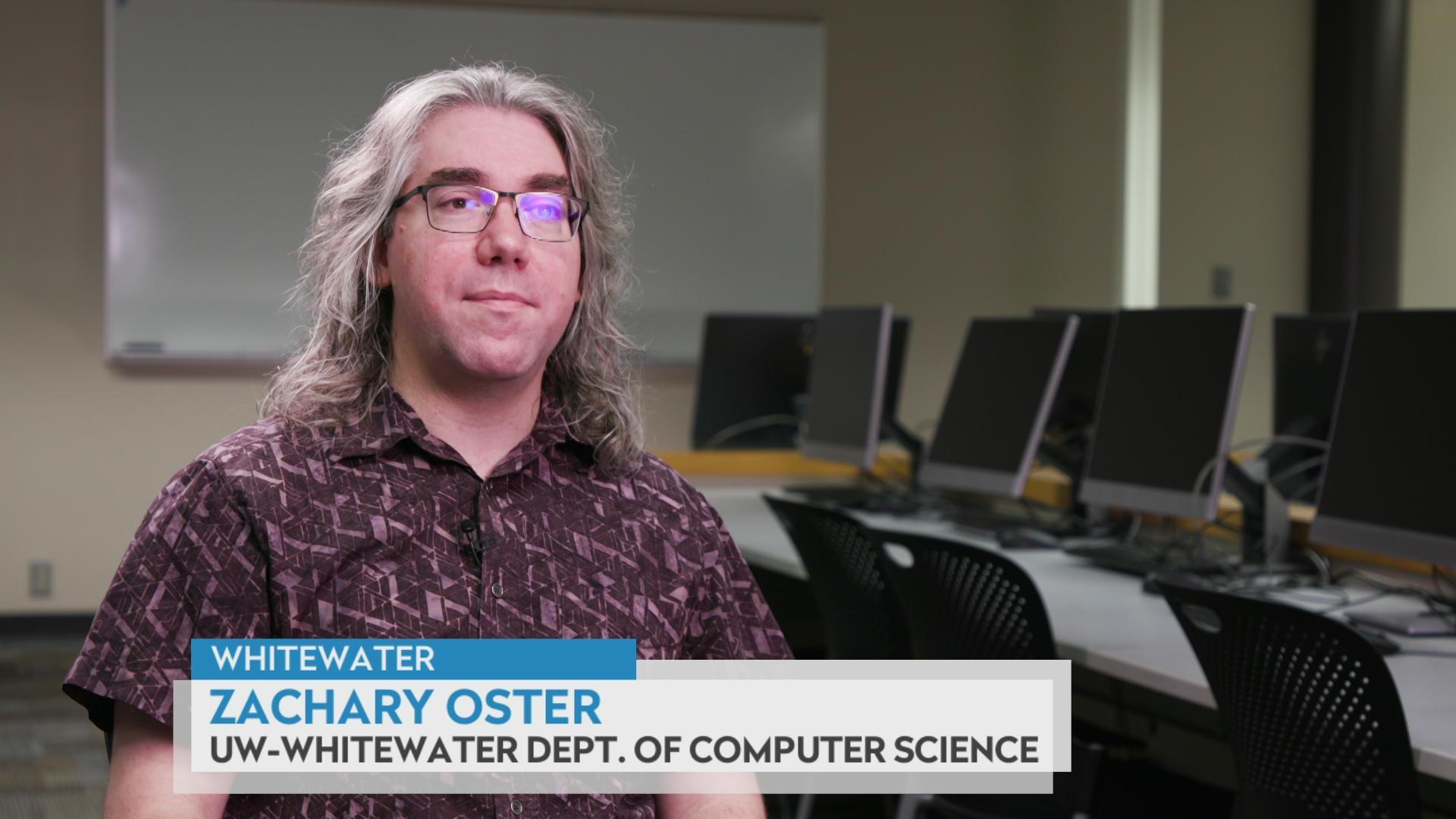
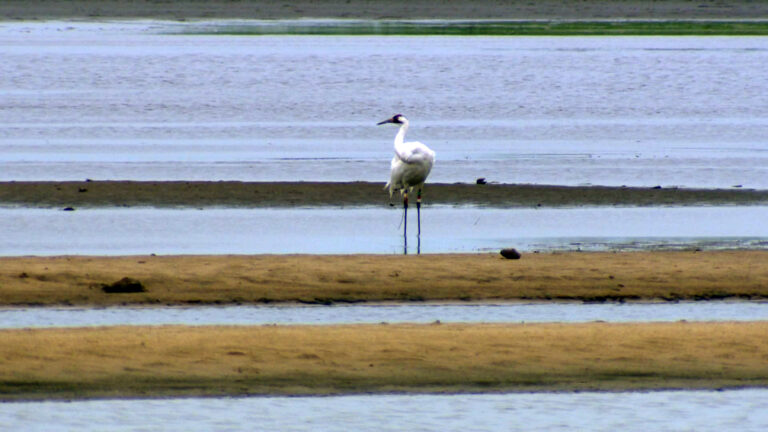
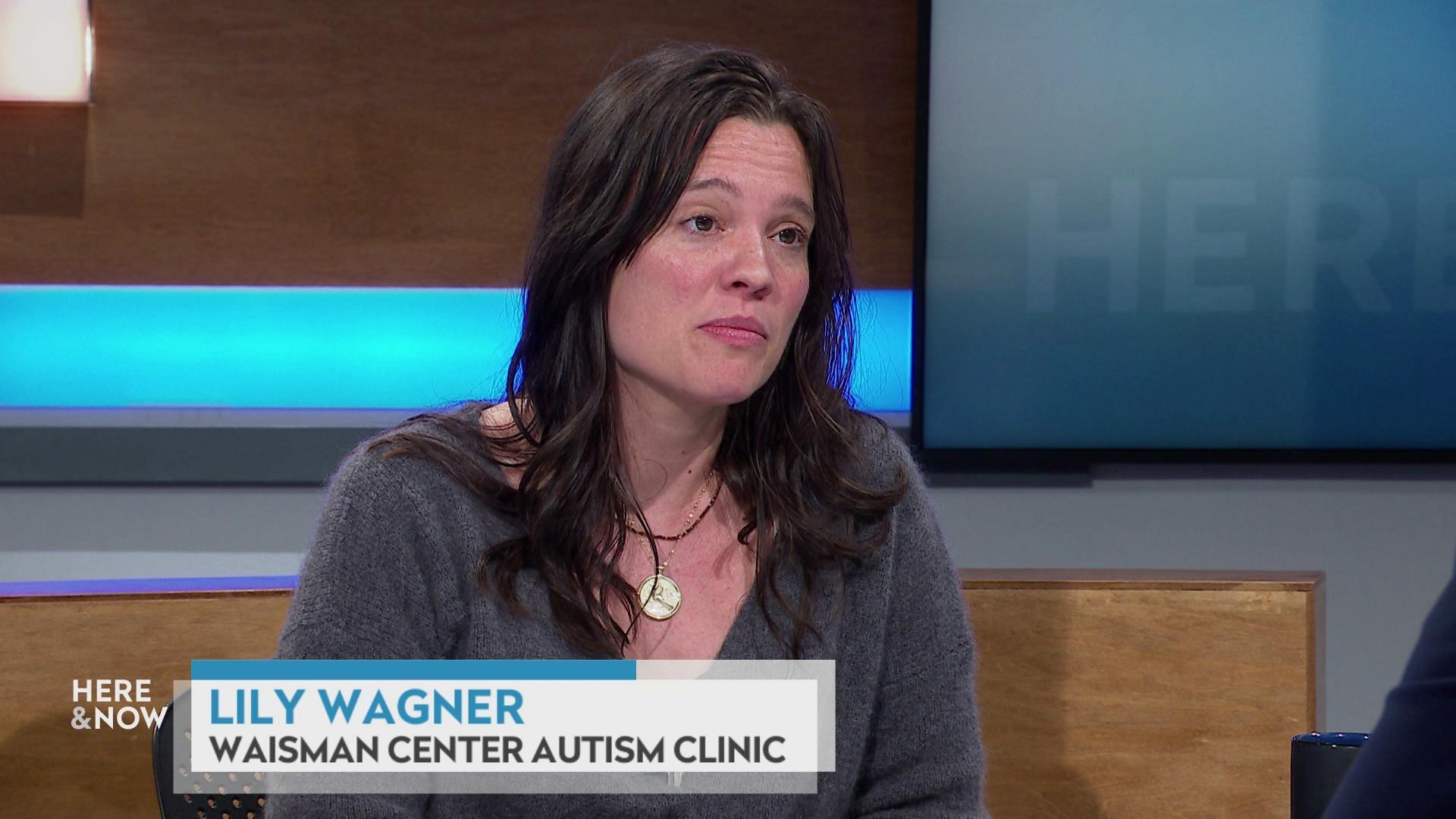

Follow Us